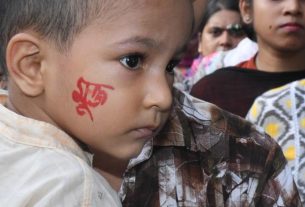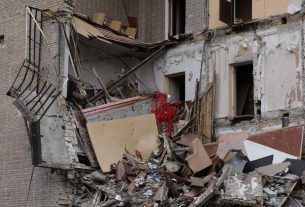Proposed changes could reintroduce institutionalization and undermine independent living for persons with disabilities.
Lima, Peru – November 6, 2025 — A group of United Nations human rights experts has issued a strong warning against a proposed amendment to Peru’s General Law on Persons with Disabilities, cautioning that it could reverse progress on deinstitutionalization and violate international human rights obligations.
The amendment, passed by Peru’s unicameral Congress on September 30, modifies Article 29 of the 2012 law to allow the State to promote the creation of specialized care centers and temporary or permanent shelters for persons with disabilities. UN experts argue that this language opens the door to institutional segregation, undermining the right to independent living and community inclusion.
Institutionalization as a Human Rights Concern
The UN Special Rapporteur on the rights of persons with disabilities, along with other mandate holders, emphasized that institutionalization constitutes a form of deprivation of liberty based on disability, and carries a high risk of violence, abuse, and neglect.
“This reform would be a setback in Peru’s efforts toward deinstitutionalization,” the experts stated, urging the government to reconsider the amendment and uphold its commitments under the Convention on the Rights of Persons with Disabilities (CRPD).
Civil Society and Legal Criticism
Legal scholars and disability rights advocates, including Xitai Wang of the University of Pittsburgh School of Law, have echoed concerns that the amendment could legitimize outdated models of care that isolate individuals from society. Critics argue that the reform contradicts Peru’s previous efforts to promote community-based support systems, and risks entrenching structural discrimination.
Human Rights Watch also called on President Dina Boluarte to veto the amendment, warning that it could lead to forced institutionalization and erode protections for thousands of Peruvians living with disabilities.
Broader Implications
The controversy highlights ongoing tensions between state-led care models and rights-based approaches to disability policy across Latin America. UN experts urged Peru to engage in inclusive dialogue with persons with disabilities and their representative organizations before enacting any legislative changes.
In short: UN experts have warned that Peru’s proposed amendment to its disability law could promote institutionalization and violate human rights. The reform threatens to reverse gains in independent living and community inclusion, prompting calls for a presidential veto and renewed commitment to international standards.
Excerpts from article By Xitai Wang on jurist.org | U. Pittsburgh School of Law, US



